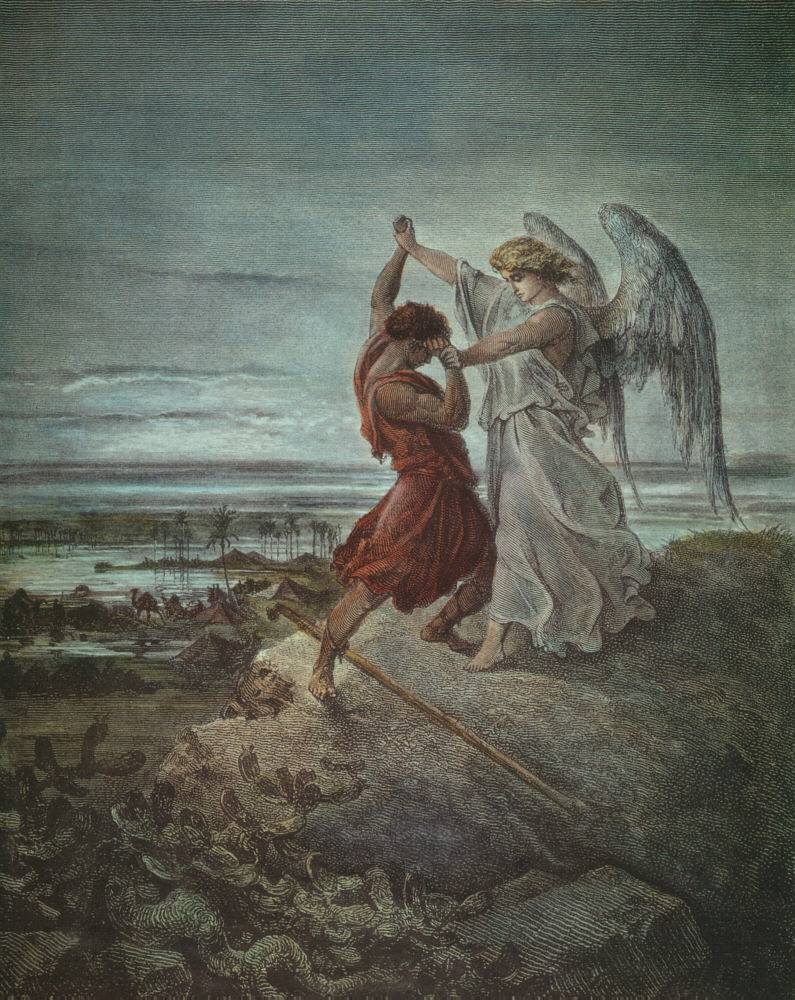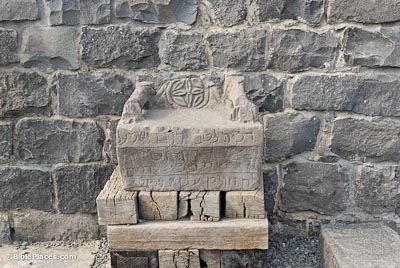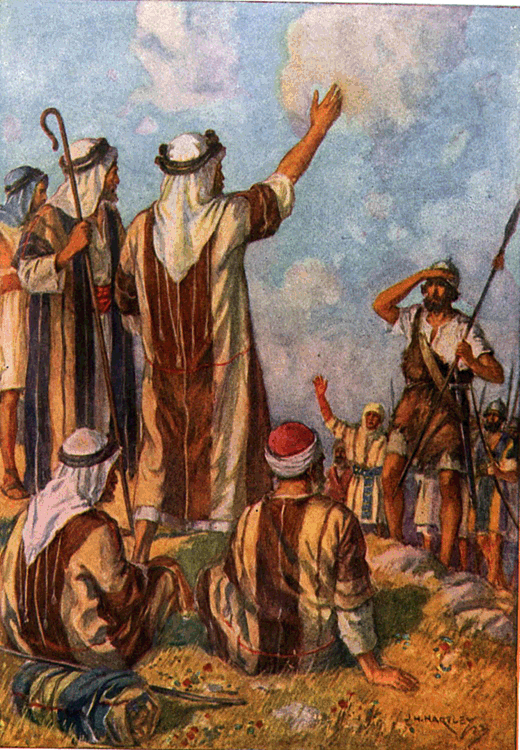
The Temple Mount or the House of El (Hebrew: Beth-El), and the likely spot where the Temple of Solomon stood, and the possible site of the actual holy of holies.
Genesis 35:1–15, Go up to Bethel. Jacob, twenty years earlier, had left Canaan in disgrace fleeing eastward into exile (as his descendants would do generations later), where in captivity to Laban he pays the price for being a deceiver.
In captivity, Jacob prospers and finally is able to return to the Promised Land.
En route westward back to Canaan, he goes through a wilderness experience, as the children of his namesake would do several generations later.
What type of individuals does YHVH not permit and permit to enter into the Land of Promise? The answers are in Hebrews 4:1–11 where the writer speaks of doubt and unbelief, faith, hardness of heart versus resting in YHVH and not in the works of our flesh. (Read it.)
To come home, like the prodigal son, to the home of his earthly parents and to that of his Heavenly Father (Beth-el or House of El) what was required of Jacob? He had to manifest brokenness, humility, a new identity, repentance, and make restitution for past sins committed against others (Gen 34).
Will YHVH similarly break our stiff necks, refine and purify us to become suitable for the Master’s use in his spiritual house? Are you fighting the process that YHVH is working in your life to prepare you for your spiritual Bethel?
Jacob got hit again and again until his carnal will was finally broken, his heart was circumcised and he died to the willfulness of his flesh and scheming to bring YHVH’s will to pass in his life. (Have other notable personages of Scripture tried the same things and had their will broken before they were useful to YHVH? Remember Moses when he murdered the Egyptian? What did YHVH do with him for 40 years?)
Remember, neither the uncircumcised in heart nor flesh will enter into the spiritual house of Elohim (Ezek 44:9), which is the ultimate Promised Land.
Where are you in this spiritual process?
The Promised Land belongs to those (i.e. the seed of Jacob) who pass the wilderness tests of YHVH (Gen 35:12).
Who is that seed? (Read Rom 4:16; 9:8, 11; Gal 3:7, 9, 14, 28, 29.)
Are we not following exactly in our father Jacob’s footsteps leaving our exile and captivity in Babylon (false religious systems, which contains a mixture of both good and evil, see Rev 18:4), returning westward across the Jordan into the land of Promise, to our spiritual inheritance, to the ancient and good paths of the Torah faith (Jer 6:16, 19), which is defined in terms of YHVH’s covenants with Israel (Eph 2:12–14)? Is not YHVH calling out a growing remnant of believers in Yeshua to do just that in our time? Do you see that Jacob’s life is a prophetic road map of what each individual believer must go through to obtain his spiritual inheritance? His life is a prophetic picture of what all Israel, collectively, must go through, as well.





